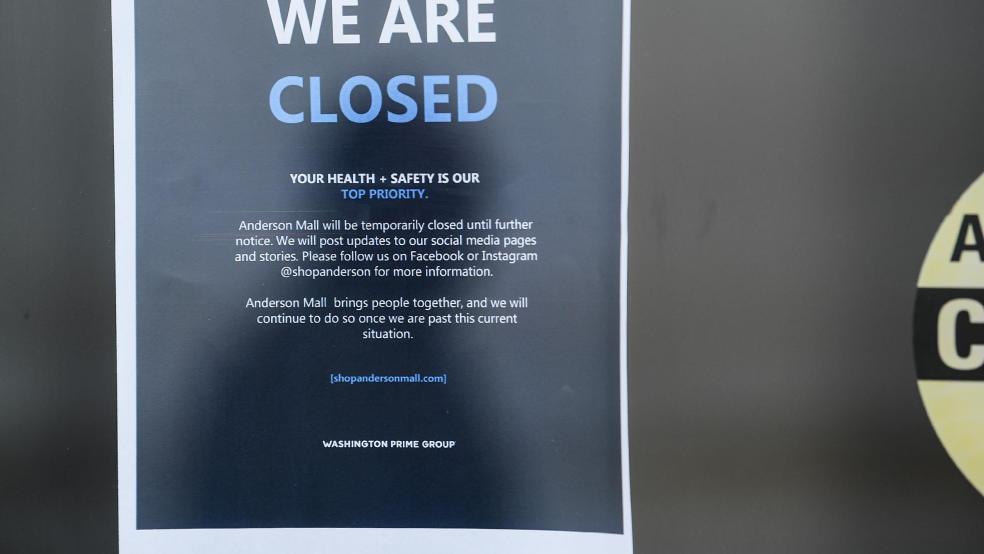New data released by the Commerce Department on Friday highlight how the $600 a week in enhanced unemployment benefits provided as part of the government’s coronavirus response have helped offset lost wages and stabilize personal incomes during the pandemic.
Bloomberg News’s Matthew Boesler reports:
“Compensation of employees, a measure which includes wage and salary disbursements as well as employer benefits, fell 8.3% in the three months through May, according to monthly Commerce Department figures on personal income and spending. But compensation of employees, plus government unemployment-insurance benefits, rose 2.3% over the same period, thanks to a surge in payouts last month.”
Personal income fell by 4.2% in May, the most since 2013, after soaring 10.8% the month before as the government sent out millions of $1,200 coronavirus relief payments and unemployment benefits helped cushion the damage from pandemic shutdowns. But while overall income fell, personal income from unemployment insurance rose to nearly $1.3 trillion in May, up $825.3 billion from April, and the $600 federal boost to benefits made up $691.9 billion of the increase, according to Bloomberg. A federal expansion of unemployment benefits to gig workers and other not typically eligible for benefits accounted for $101.5 billion.
Those benefits likely helped fuel a record rebound in consumer spending last month, though Americans also dipped into their savings, which decreased by $1.9 trillion. Spending rose by 8.2% in May after record drops of 6.6% in March and 12.6% in April. It remains 11% below pre-pandemic levels.
The fiscal cliff ahead: The question is whether the rebound in consumer spending will be sustainable, given the surge in coronavirus cases and expectations that incomes will fall if the $600 in weekly benefits expires as scheduled next month and millions of people see their unemployment checks cut sharply. Economists worry that consumer spending and the economic recovery could take a hit if government support efforts are removed and millions of people lose their unemployment checks or see them sharply reduced.
“Economists estimate that some 26 million people, two-thirds of whom do not qualify for the regular 26-week state unemployment insurance benefits, would be left without income,” Reuters Lucia Mutikani reports.
Lawmakers are debating whether and how to provide additional support to workers who have lost their jobs. Many economists say the government will need to do more to avoid more widespread economic pain in August. "It is clear that the major force in keeping things from falling apart is the enhanced unemployment compensation," Joel Naroff, chief economist at Naroff Economics in Holland, Pennsylvania, told Reuters. "Without action, income could crater in August and spending will follow."





